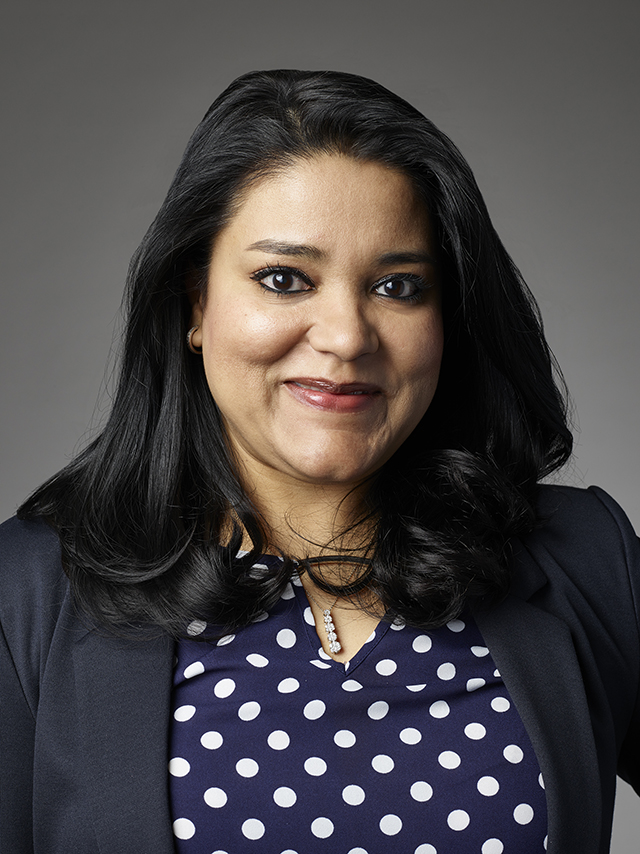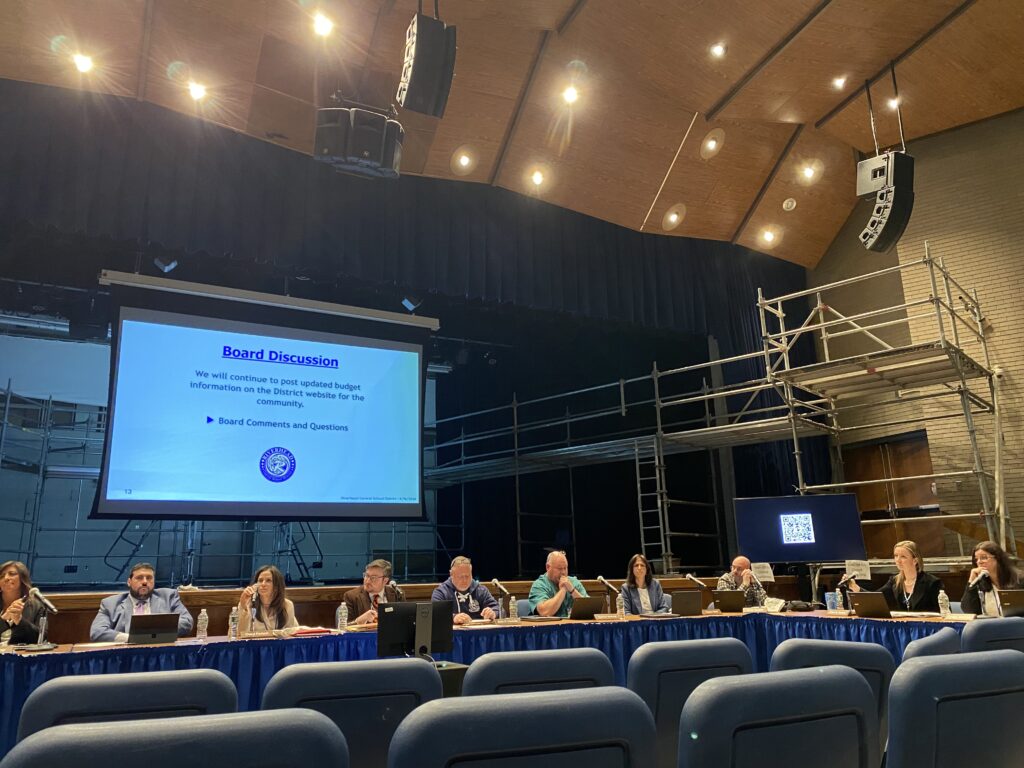Oncologist faces two-front battle during coronavirus pandemic

As if leading her patients in their personal battles against cancer wasn’t daunting enough, Dr. Deepali Sharma and other oncologists like her now find themselves staring square into the face of yet another major health threat at the same time: COVID-19.
Cancer and COVID-19 are a lot to confront, but that is what Dr. Sharma does each day in her work for New York Cancer & Blood Specialists in Riverhead. As with other health care workers on the front lines of the global pandemic, oncologists must deal with the stress of trying to save lives while at the same time not contracting COVID-19 themselves and infecting their families. Adding another level of stress to the oncologists’ work is the fact that cancer patients are especially vulnerable to the coronavirus since their immune systems can be weakened by the cancer itself and its treatments.
“Unfortunately, cancer waits for nobody,” Dr. Sharma told the Riverhead News-Review in a phone interview Monday.
Dr. Sharma said her concern from the start has been for immunocompromised patients, whose white blood cells, which fight infections, are unable to resist effectively. COVID-19 can wreak deadly havoc. Dr. Sharma said the new virus is odd in that some infected people show mild or no symptoms while others can experience severe symptoms or death.

Dr. Sharma was attracted to oncology because she finds it the most challenging field in medicine. She has sure found her challenge.
Battling cancer is tough enough. Battling cancer during a deadly pandemic is tougher still.
With a vulnerable patient population walking through its doors, New York Cancer & Blood Specialists in Riverhead instituted new measures in mid-March. Being a hematology and oncology practice that relies heavily on blood work for guidance, the treatment center opened a remote lab and a remote injection room in the back of the building that patients drive to. There, they are directed to a parking spot and a portable tent where a medical assistant and nurse are waiting. Blood is drawn while the patient remains in the car, maintaining social distancing by avoiding crowded waiting rooms and limiting traffic in and out of the office. Visitors are not allowed in the treatment area.
“It’s a great thing we have going and it’s working really well,” said Dr. Sharma. She added: “We’re doing what we’re trained to do. We’re doing our jobs.”
Business hours have been lengthened to 12 hours in order to space out patients in chemoinfusion areas. Dr. Sharma, who generally sees 30 to 35 patients daily, has been putting in 12-hour days, as have nearly all of the physicians at the facility, she said. “I’m so proud of our staff for really stepping up and helping our patients through these real difficult times,” she said.
Staff members have their temperatures taken when they arrive at the office. Dr. Sharma and other staff have been wearing masks and following the other recommended safety precautions.
“Now that we’ve been doing it over a month, we’re kind of used to it,” she said.
Also, she added, information can be obtained from patients through telemedicine, a remote visit for which a video conference call is set up.
Dr. Sharma, a graduate of the Mahatma Gandhi Institute of Medical Sciences in India, noted that with all the social distancing measures, “we’ve never practiced medicine like this before. It’s all new.”
Some people may consider an oncologist to be a miracle worker. Asked if she feels that way sometimes, Dr. Sharma answered: “It takes everybody to make a patient feel better. It’s just not the oncologist … It’s really a whole team effort.
“We’re all scared,” she continued. “We go home to our families. We’re scared that we’ll go home and take this bug with us.”
Immunotherapy, Dr. Sharma said, is making a difference in the fight against cancer. She sounded a hopeful note for the future on the COVID-19 front as well.
“We need more antibodies testing,” she said. “I think when that comes into effect it will be a game-changer. The human condition is strong and we will get through it. It will get better.”
Dr. Sharma said she wants cancer patients to know “they’re not alone. We’re with them, fighting this terrible disease, to beat cancer. We’re all in. We will get over this and eventually win our battle against cancer.”
What brings Dr. Sharma the most joy in her work?
“When I read a scan and tell a patient that their cancer is completely gone, ‘You’re in remission,’ ” she said. “Nothing can beat that. Nothing.”








